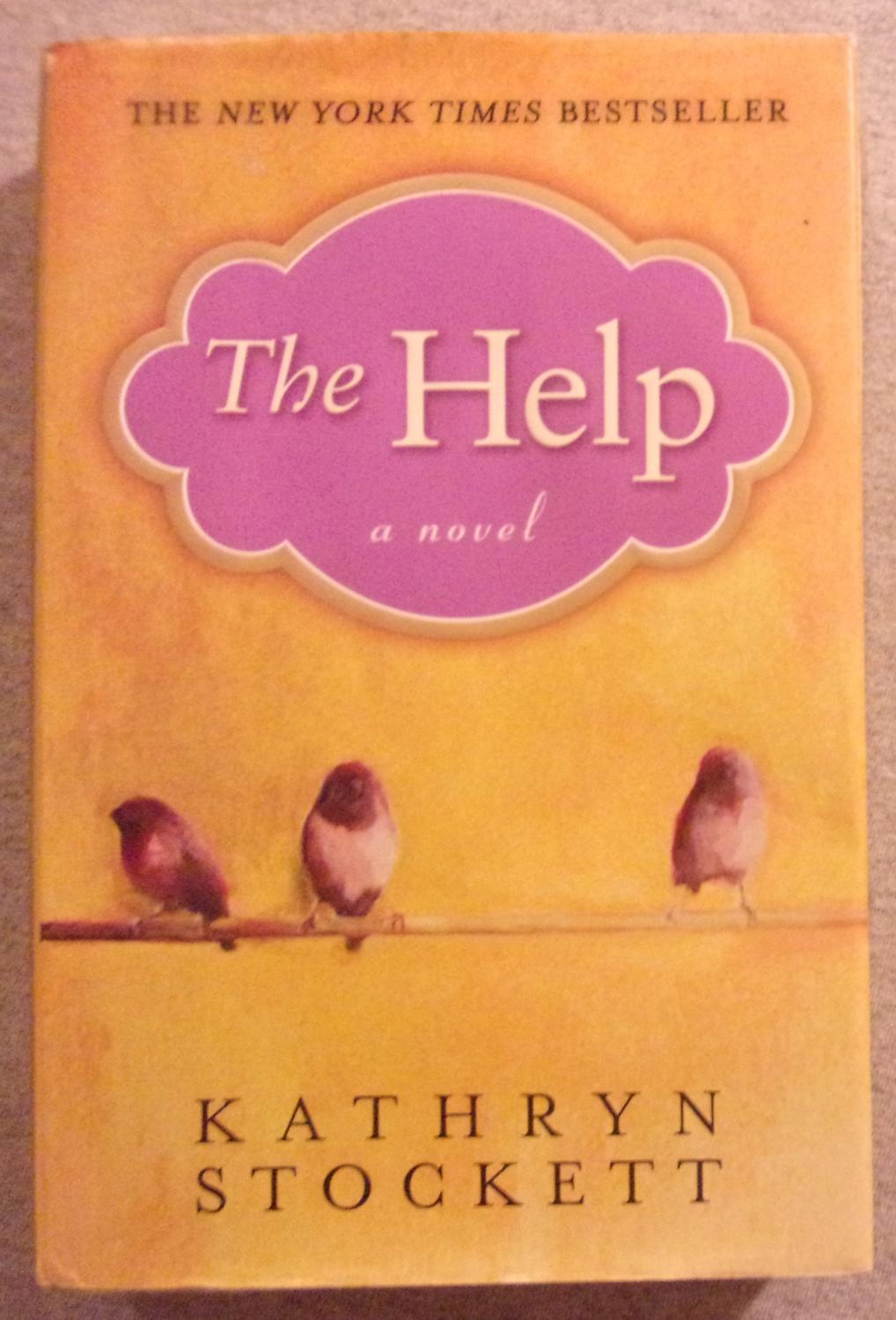

These movies are how Hollywood and the dominant culture deal with the United States’ violently racist past. If a movie can combine the two, like The Help, it is guaranteed box office gold.

Disney, as we all know is the reigning champ of purveying a white, heterosexist ideology where Blacks and other props of “diversity,” including women, are only as useful as their ability to maintain the status quo.Įvident in the successes of Gone With the Wind, Imitation of Life, Driving Miss Daisy, Fried Green Tomatoes, Tyler Perry’s the Family That Preys, The Princess and the Frog, Steel Magnolias, Divine Secrets of the Ya-Ya Sisterhood, The Blind Side, and many more, Hollywood eats up movies based in the south and/or movies that involve the close “relationship” between Black women and white women. Even less surprising is the fact that Touchstone Pictures, a Disney entity, is responsible for distribution. Nor is it surprising that it was made into a major motion picture. As Hollywood and other large cultural outputs have made it known they love a good “white salvation through Black (brown, red, yellow) liberation” narrative, it is not surprising that The Help continues to be successful (still high on the New York Times Best Sellers list). While the delusional marketing powers that be pose this story as a tale of sisterhood (instead of servitude), where “three ordinary women are about to take one extraordinary step,” more realistic people have recognized it as another example of the “white messiah” appointing him/herself as the savior of the poor, oppressed, uneducated Black people. Of course, all of that can be summed up by simply acknowledging that the commercialized mainstream media culture is only able to address racism and the United States’ racist past if it absolves white guilt/complicity, valorizes whiteness, mythologizes history, or ignores historical accuracy all together. There is the narrative itself, both as book and film there is the personal narrative of the author, Kathryn Stockett, whose wealthy Jackson, Mississippi family employed their own Black maid growing up there is the south’s nostalgia for the antebellum past there’s also Hollywood’s general obsession with whitewashing history. To be released in theaters on August 12, The Help speaks to some of the oldest tropes in Hollywood as it relates to the relationship between Black women and white women. The Black maid/slave/servant-white “employer” narrative is so convoluted, rich in history and meaning, that it seems Hollywood has to keep making these types of movies just to encompass them all.


 0 kommentar(er)
0 kommentar(er)
